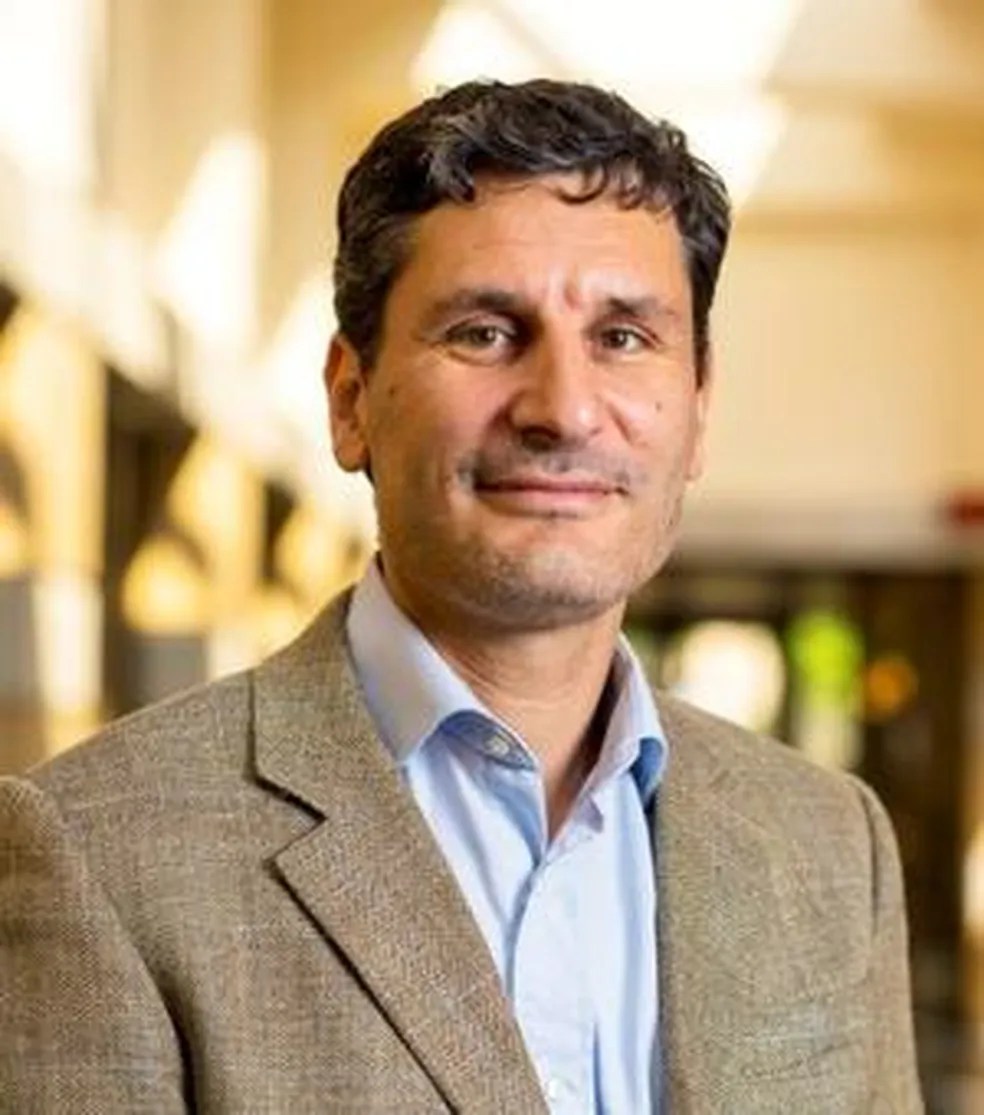
Diego Sanchez-Ancochea also believes that strengthening relations between countries in the region, with particular attention to Mercosur, can help Brazil’s re-industrialization plans.
proposal a The common currency between Brazil and Argentina He gained prominence and dominated part of the economic debate, with President Luiz Inacio Lula da Silva (Workers’ Party) visiting his Argentine colleague, Alberto Fernandez, last week. For Diego Sanchez Ancochea, Head of International Development at the University of Oxford (UK), adopting a monetary reference for commercial transactions should be a long-term project that does not tend to take away the dollar’s supremacy in the region – especially among Argentines.
He is a specialist in regional inequality and a researcher on the situation of Latin American countries. He also believes that strengthening relations between the countries of the region, with special attention to Mercosur, can help Brazil’s re-industrialization plans, but the government will still face a number of obstacles to achieving this goal.
Check out key excerpts from the interview below:
President Lula was talking about saving Brazil’s role in international trade, making international agreements and bringing Brazil closer to neighboring countries. How does this fit into the quest to re-industrialize the country, as the president has also indicated?
In an ideal world, regionalization in southern Latin America would aid national re-industrial projects. This has always been the dream of the great Latin American economists, such as [o argentino] Raul Prebisch. On the one hand, one could seek to increase trade relations between Mercosur countries which would increase aggregate demand in all member countries.
What is the ideal way to achieve both goals?
It will be important to develop regional value chains that increase the productive efficiency of new sectors, as well as investment. Obviously, this requires a more active policy to create incentives and commitment from all Mercosur leaders to once again promote the regional model. It is a laudable goal, but it is riddled with obstacles, as history has shown.
On his first international trip, Lula said he wants to step up Mercosur integration, looking first at an agreement with the European Union and then considering something with China, as Uruguay wants. Is it the right decision?
Despite the recent problems, we still live in a globalized world where building value chains at the regional level is essential to be able to compete with China and to expand investment, especially from the large regional economic groups. In addition, integration is also a major political project that can contribute to increased cooperation on key issues, including the environment. But it is important that this push be realistic and also take into account obstacles, including insufficient trade between member states.
Could creating a common currency for business between Mercosur countries help trade and reduce inequality between North and South?
I believe that creating a common currency will only be a long-term project and that it faces many political and economic obstacles. Undoubtedly, it can contribute to increasing trade and, above all, services in Mercosur countries. However, I don’t think this in any way threatens the supremacy of the dollar in the region or that it will be a central tool for trying to reduce international disparities in the coming years.
With a more difficult scenario for the global economy, especially for regions that depend on trade in basic products, such as Brazil, are Latin countries in a position to reduce poverty, as President Lula promised to do?
President Lula was right when he said that reducing poverty and reducing inequality should be a priority for Latin American governments, given the huge gap that exists in these areas. While rapid progress on both goals is difficult due to macroeconomic constraints, it is always possible to take steps in the right direction. I think it will be especially important to try to introduce tax reforms that will increase tax collection and make it more progressive, as well as introduce social reforms and employment policy in an innovative way. In the end, it’s a matter of priorities.
X-Ray
Diego Sanchez Ancochea, 47
Born in Madrid, Spain. An economist, he has taught at the Complutense University of Madrid, the New School for Social Research (in New York) and the University of Oxford in the United Kingdom, where he heads the Department of International Development. He is the author of The Costs of Inequality in Latin America.
From Valor Econômico, with an interview with Douglas Gravas, Folhapress – São Paulo
Did you like the content? Share!

“Friendly zombie guru. Avid pop culture scholar. Freelance travel geek. Wannabe troublemaker. Coffee specialist.”






